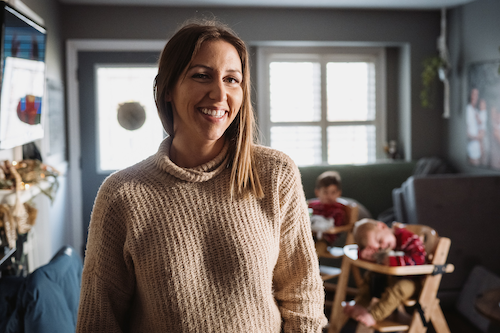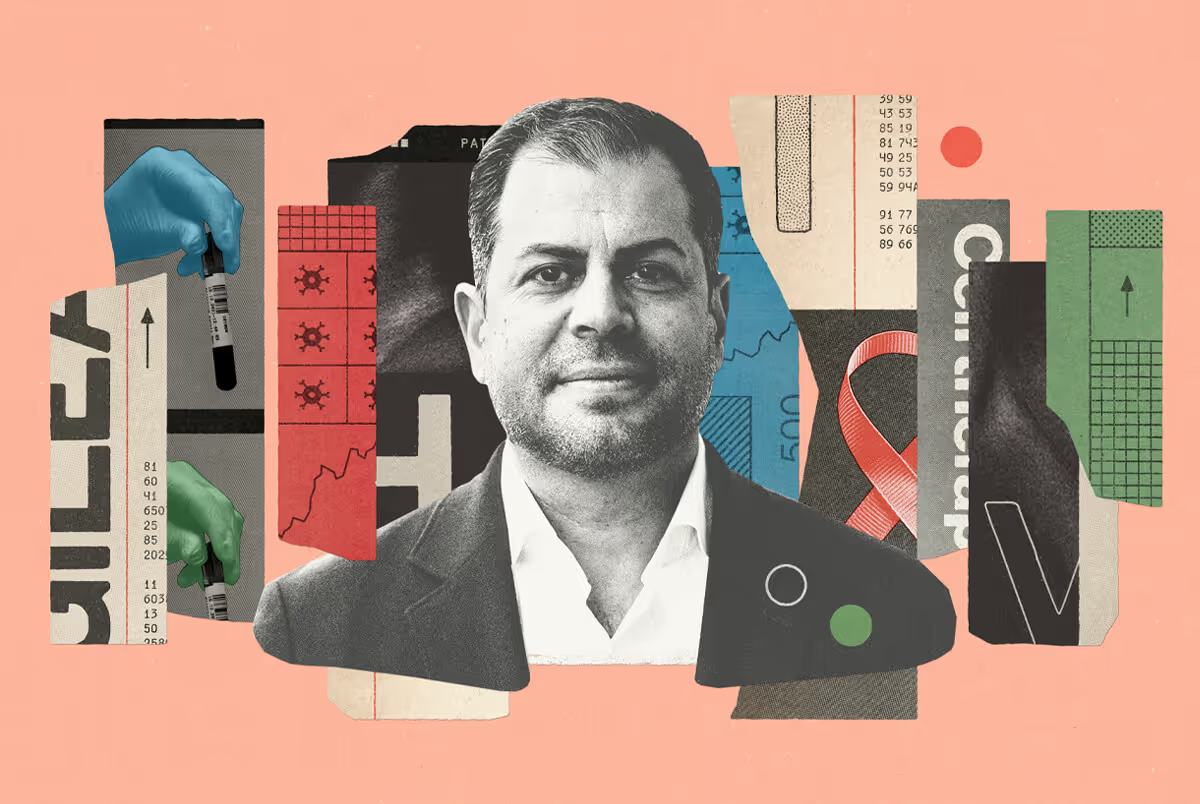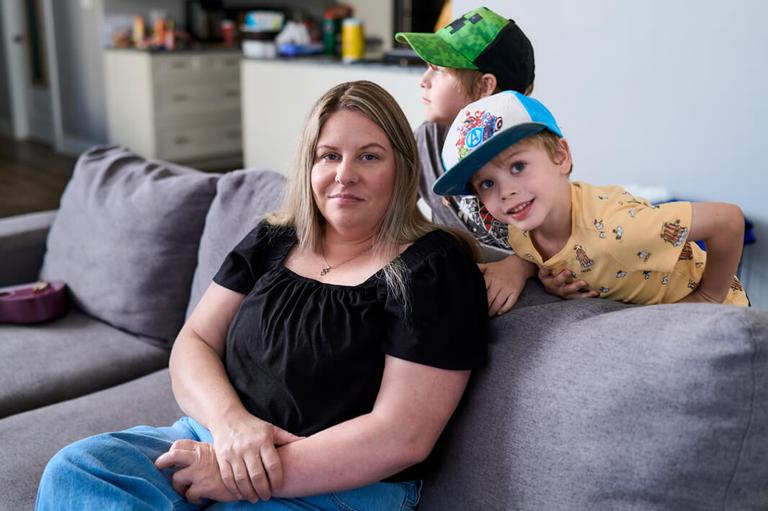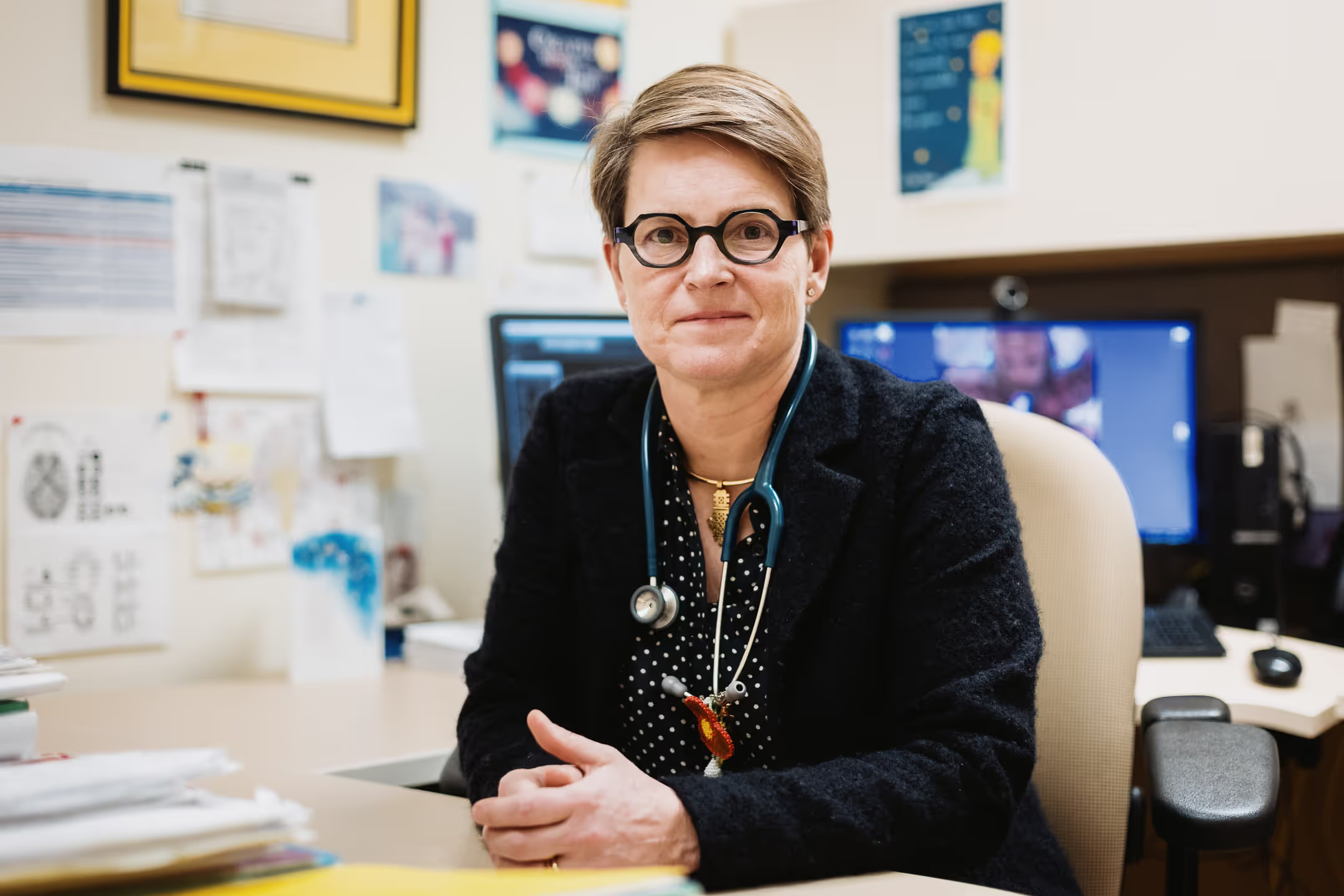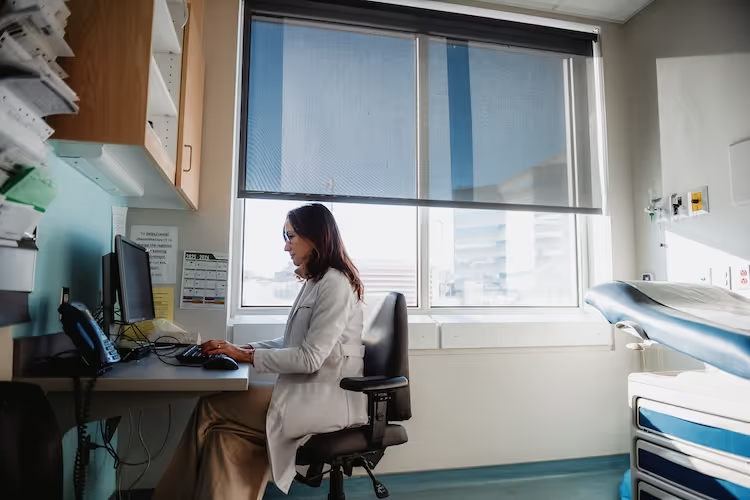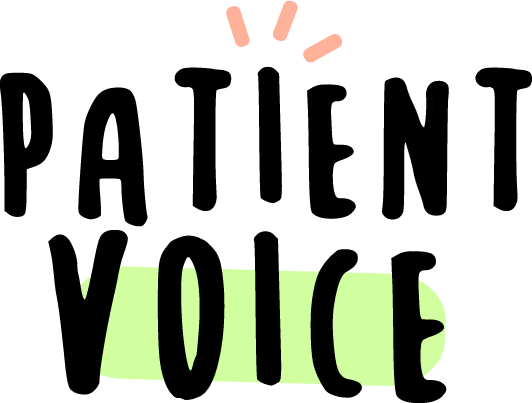“I initially wanted to be a surgeon because a cardiac surgeon saved my father’s life. I started medical school expecting to go that route. But then I fell in love with family medicine.
I was on rotation in Summerside, PEI, and I met this patient who said: ‘This is my doctor. He knows me better than some of my own family does. There's stuff I've told him that I’d never tell anybody else, because that's the kind of relationship we have.’
That blew me away. The importance of that relationship can’t be overstated. Each time I’m helping a kid with an ear infection or something simple, I know that I’m building a foundation of trust that’ll allow them to more easily come to me when they’re a teenager or an adult with a difficult problem, like that they’ve been sexually assaulted or are struggling with addiction.
“Every Canadian deserves to have a doctor who knows the beginning, middle, and end of their story, and who knows them in a way that goes beyond just medicine.”
Over the course of my career, including my term as President of the Ontario Medical Association, it’s become clear to me that family medicine is the cornerstone of a highly-functioning health care system. That’s why it’s so worrying when people have difficulty accessing a family doctor. Unfortunately, access is not an easy problem in Canada.
There are tools out there, like AI solutions for diagnosing rare diseases and managing chronic health conditions, which can help family doctors to be more effective. AI has an amazing role to play in health care, but one thing it can’t give us is more hours in the day, and that’s especially relevant with things like COVID increasing the complexity of patient visits. There are a lot fewer appointments that can be solved in 10 minutes these days, and doctors are getting burnt out. Improving access is going to depend on empowering patients to manage minor health conditions on their own and on simply getting more family doctors.
Every Canadian deserves to have a doctor who knows the beginning, middle, and end of their story, and who knows them in a way that goes beyond just medicine. Doctors meet patients at their most vulnerable times and we have a responsibility to carry that vulnerability and bear witness to it in a way that can only be done justice in a lasting relationship.”
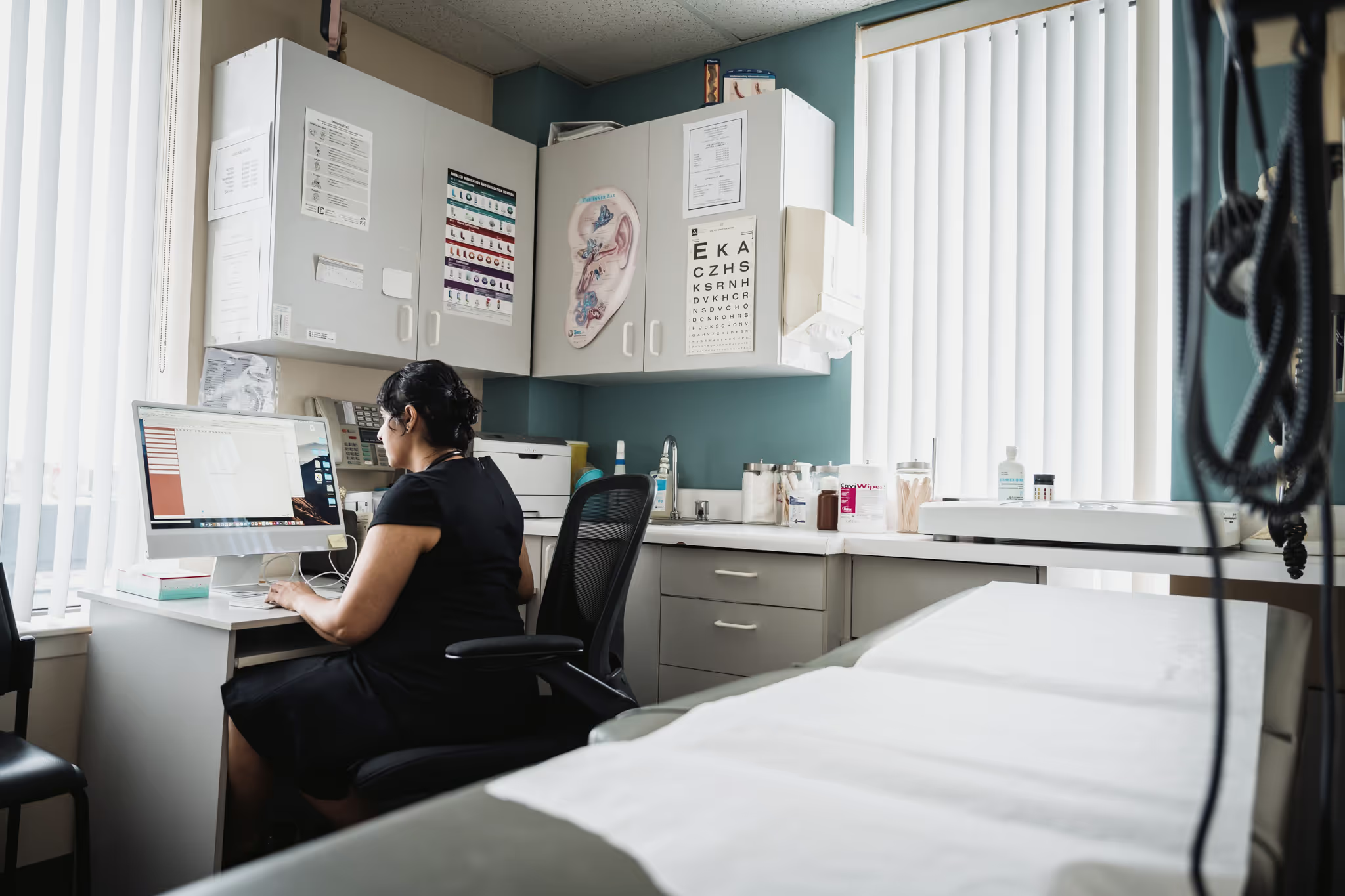
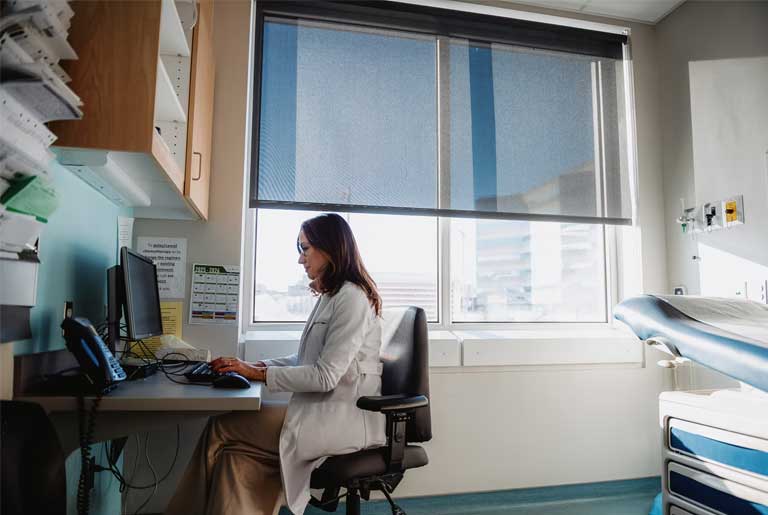
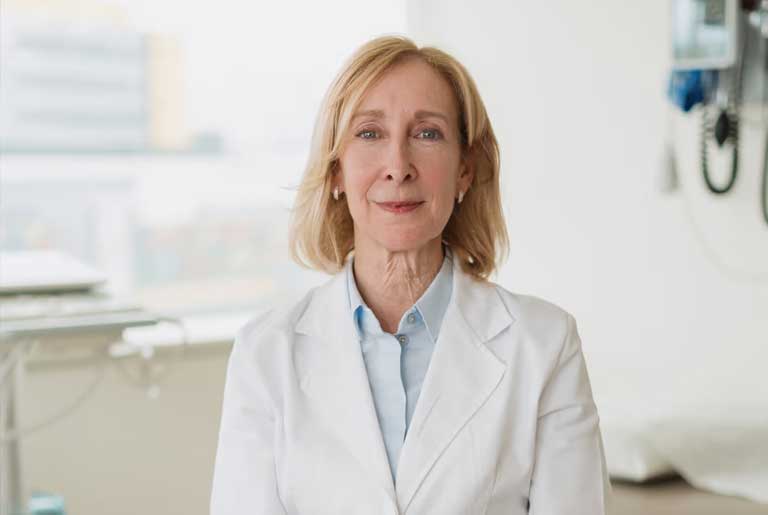
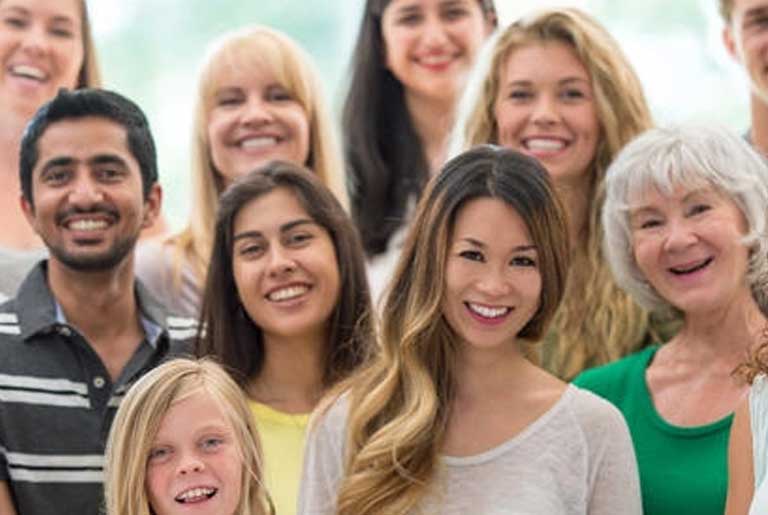
%20(1).jpg)
